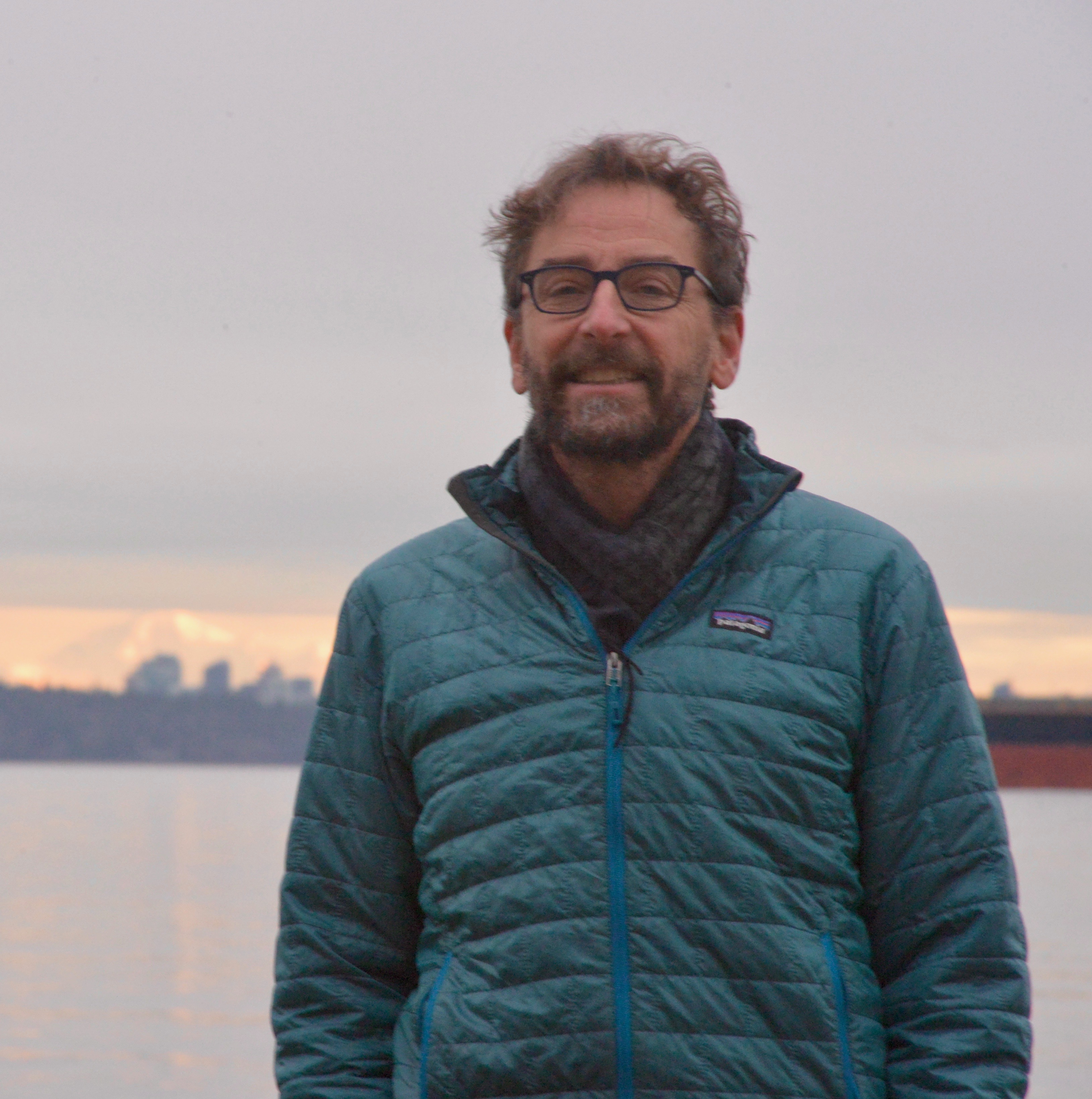
Welcome to the Department of Earth and Space Sciences at the University of Washington.
In 2001, the Department of Earth and Space Sciences was created through the merger of two UW departments, the Department of Geological Sciences and the Geophysics Program. It has a distinguished history of excellence in research and education.
Research in our department includes the solid earth, surface processes, geobiology, planetary science, space physics and glaciology. Research centers and programs closely linked to the department -- including the Program on Climate Change, the Astrobiology Program, the Quaternary Research Center, and others, allow for enhanced educational and research experiences. We maintain extensive collaborations with local, regional, and national agencies such as the Washington State Emergency Management Division, the Department of Natural Resources, USGS, NASA and NOAA.
The Department of Earth and Space Sciences offers outstanding disciplinary and interdisciplinary education at both the undergraduate and graduate levels. We emphasize direct field and laboratory experiences at all educational levels, with active and close interactions between faculty and small groups of students. Options within the undergraduate degree include geology, physics, biology, and environmental earth science. In addition, we offer a broad spectrum of natural world and environmentally-oriented general education courses that attract on the order of 3000 students each year.
We offer experiential learning opportunities for our students through field courses and field trips, which have included the volcanic fields of the Canary Islands and Hawaii, sedimentary stratigraphy and seismicity in Sicily, and the Greenland ice sheet. Endowments and gift funds play an important role in subsidizing field courses and research, including our undergraduate summer field course in Montana, so that these are more affordable for our students.
Our graduates are highly recruited with excellent placement in educational and research institutions, government agencies, and private sector businesses and corporations.
We have an experienced staff that helps ensure that our department maintains a welcoming and supportive environment.
We are committed to high-quality education, research, public service and diversity within both the faculty and student populations.
Eric Steig, Professor and Chair